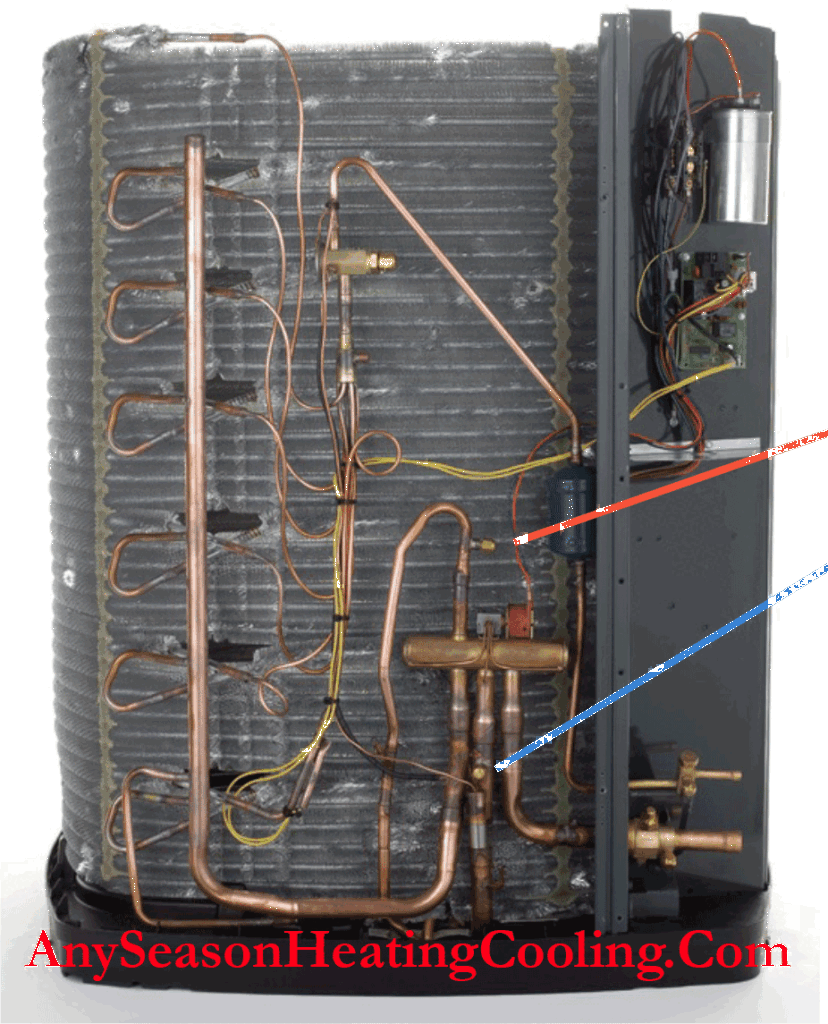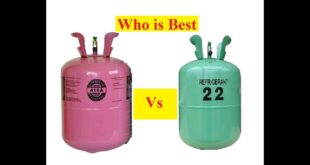A heat pump is a device that uses a small amount of energy to transfer heat from one location to another. It can be used for both heating and cooling purposes and is an energy-efficient alternative to traditional heating and cooling systems.
How is the Heat Pump Work?
Heat pumps work by using a refrigerant to transfer heat between two areas. In the winter, the heat pump extracts heat from the outside air and transfers it to the inside of the building, providing warmth. In the summer, the process is reversed, and the heat pump extracts heat from inside the building and transfers it outside, providing cool air.

Type of Heat Pumps!
There are two types of heat pumps: air-source and ground-source. Air-source heat pumps are the most common and use the outside air as the source of heat. Ground-source heat pumps, also known as geothermal heat pumps, use the earth’s natural heat as the source.
High-Efficiency HVAC System
Heat pumps are highly energy-efficient because they don’t generate heat, they simply move it from one location to another. This means they require less energy to operate than traditional heating and air conditioning systems, resulting in lower energy bills and reduced carbon emissions.
Advantages of a Heat Pump!
One of the biggest advantages of a heat pump is its versatility. It can provide both heating and cooling in one unit, eliminating the need for separate heating and cooling systems. It can also be used in conjunction with other heating and cooling systems for added efficiency.
A Highly Efficient and Versatile Heating and Cooling System
A heat pump is a highly efficient and versatile heating and cooling system that can save energy and reduce carbon emissions.
By understanding how it works, homeowners and business owners can make informed decisions about their heating and cooling needs and take advantage of the many benefits that a heat pump has to offer.
 E340 USA – Economy – HVAC – Energy – Health – Education
E340 USA – Economy – HVAC – Energy – Health – Education

